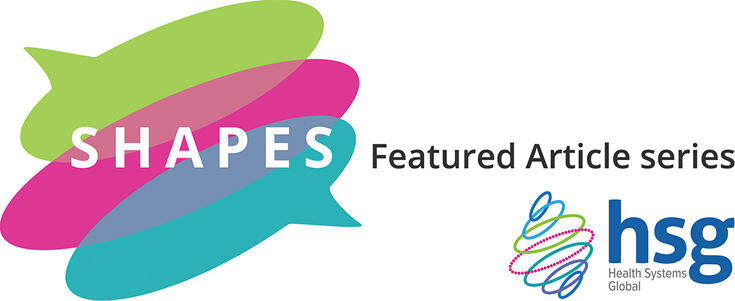
The gaps around the enjoyment of the human right to health in Latin America and other parts of the world are still alarming. Inequity in access to basic services persists, especially for vulnerable groups. In response to these inequities in Latin America and other countries, judicial litigation around the right to health has expanded significantly in the last decade. Judicial litigation is an action in court to enforce the access, defense and compliance with rights. In health matters, such litigation demands that the authorities defend and guarantee access to health.
Unfortunately, in many contexts, right to health litigation is expensive, time consuming and difficult to achieve. Often, richer individuals and those in larger cities are more able to claim it. A study in Brazil, for example, found that a significant proportion of right to health litigation rested with claimants who lived in more affluent states, cities and districts and who were represented by private lawyers. Without intervention, the judicialization of health can thus benefit a privileged socio-economic minority who have easier access to information and legal assistance. Yet, fundamental rights should not be available to only a privileged few.
But what does it take to achieve the empowerment of communities? Research and our experience at CEGSS (the Centre for the Study of Equity and Governance of Health Systems, Guatemala city) tell us that an adequate legal empowerment strategy promotes awareness of the reality of their own health care system. In order to truly work, awareness must transform into a deep understanding of the need to overcome legal, vested interests and bureaucratic obstacles. They must be able to internalise two main ideas: the responsibility of being an active citizen and the importance of social participation. The types of legal empowerment used will then depend on the context and needs of the population. For example, strategies to promote direct accountability of the public services; or the creation of empowered grassroots groups that focus on access to health issues; or supporting community leaders, providing them with a basic understanding of human rights laws in order to create a secure environment in the grassroots groups.
In response to the context and challenges described above, grassroots groups and civil society organizations in Latin America have implemented strategies based on law and legal frameworks to monitor public health policies and services in their own communities and to demand better conditions. These strategies, referred to as legal empowerment, are part of a process through which people learn about law, norms and regulations to promote and defend their rights. Active monitoring of services and barriers to entitlements is a central activity of legal empowerment processes. Users of these services organize themselves to verify, monitor and demand that public health services respond to their mandate to guarantee the full enjoyment of the right to health for the entire population without any barrier or discrimination. Community actions often occur at local level but there are also advocacy actions at municipal, provincial and national level. For example, in my country, Guatemala, grassroots groups in different departments of the country are named “Los y las Defensores Comunitarios por el Derecho a la Salud en Guatemala (RedC-Salud)” / “Community Defenders for the Right To Health” (in English). They directly and personally monitor health authorities, hospitals and health personnel in order to protect the right to health.
Of course, legal empowerment always occurs within a context of power relations that requires continuous reflection, strategizing and assessment. Where individuals or communities lack understanding and information about human rights laws, health care providers and others can take advantage and will create barriers for those seeking quality health care; not to mention abuses of power such as the criminalization of community defenders of health rights, barriers to accountability, systemic corruption and others.
However, when marginalized groups (in Latin America, for example people living in poor conditions, women, children, elderly people, malnourished people, …) know the law, they are better able to actively monitor and demand their rights in ways that reduce health inequities for others as well. Examples of such advocacy are taking place in various settings in Latin America including México, Costa Rica and Guatemala. Such examples prove that the ones who are holding the power are not the authorities but the people, and therefore they are the ones that have the power to change the structural barriers preventing their access to quality healthcare.
Legal empowerment is a transformational way of understanding the impact of active participation and the practical use of human rights frameworks. Accountability and the strategic use of these tools and approaches can improve the access to care of entire communities. In addition, this strategy can transcend health care and be used to demand the fulfilment of other human rights as well.
Welcome to the SHAPES article series, hosted by IHP. SHAPES is a thematic working group within Health Systems Global, which facilitates discussion, debate and collaboration around social science approaches for research and engagement in health policy & systems. In the months leading up to the 6th Global Symposium on Health Systems Research in Dubai (Nov 2020) SHAPES members will be blogging about the Symposium's theme of "re-imagining health systems for better health and social justice" through a social science lens.
View entire SHAPES series